The Ultimate Guide to Creating a Stylish Coffee Station Table for Your Smart Home
The Future of Smart Homes: Innovations to Watch in South Africa
The Rise of Smart Home Technologies in South Africa
South Africa is seeing a boom in smart home tech. More people are using these systems to make life easier. Popular
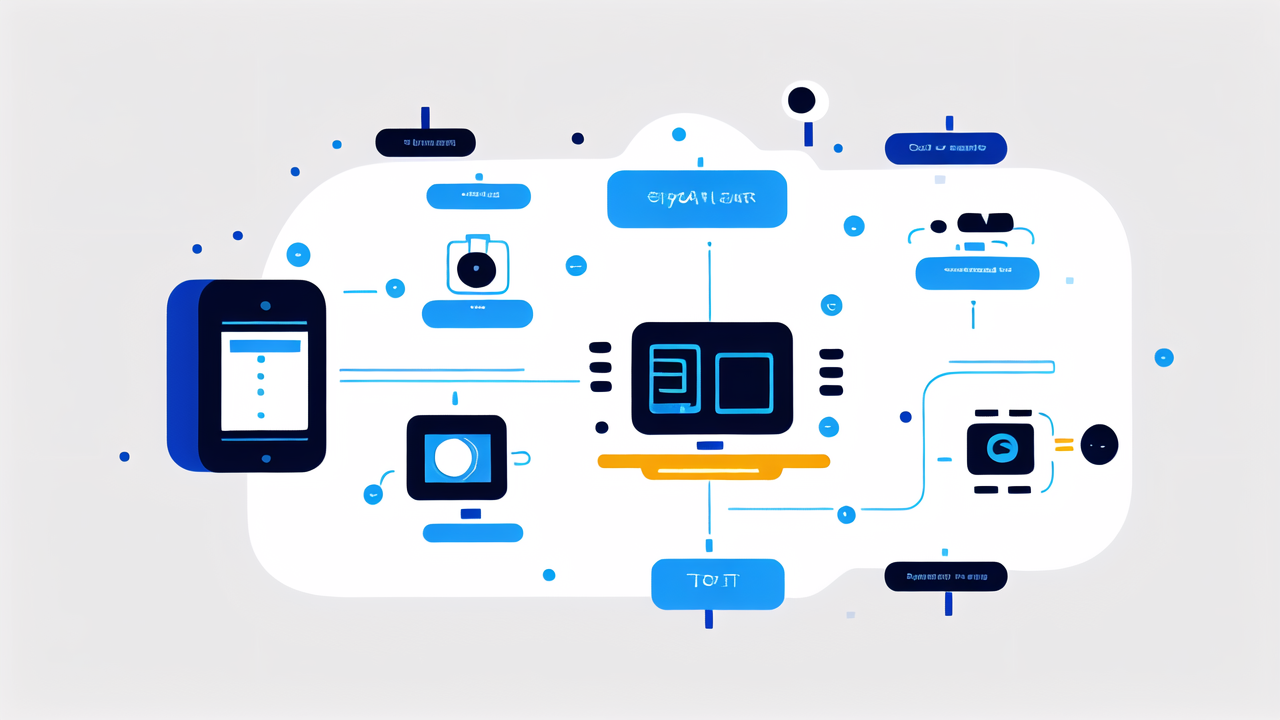
devices include smart lights, locks, and thermostats. These can be controlled with a smartphone or voice commands.
Energy management is a big draw. It helps cut costs in a country with power challenges. Smart security systems
are also in high demand. They offer peace of mind with remote monitoring. Voice assistants like Alexa and Google
Home are gaining fans. They make controlling smart devices simple and fun. The market is growing fast, with both
local and global brands competing.
Key Innovators Shaping the Smart Home Landscape
Several companies are leading the smart home revolution in South Africa. Local firm Synapse is creating custom
solutions. They focus on making different devices work together smoothly. Global giants like Samsung and LG are
bringing smart appliances to homes. These include fridges that can order groceries and smart TVs that suggest
shows. Start-ups are also making waves. For example, IoT.nxt offers platforms to connect various smart devices.
Their solutions work for both homes and businesses. Another local player, Sensor Networks, provides smart
insurance solutions. They use IoT to help homeowners prevent and manage risks.
The Impact of IoT on Home Automation
The Internet of Things (IoT) is changing how South African homes work. It lets devices talk to each other,
creating truly smart spaces. For example, your smart meter can tell your appliances when to run. This helps save
energy and money. Security systems benefit greatly from IoT. Cameras, alarms, and locks can work as one unit.
This gives better protection. IoT also enables predictive maintenance. Your air conditioner can alert you before
it breaks down. This saves on repair costs. As 5G networks expand, IoT will become even more powerful. We'll see
more devices connected and working together seamlessly.
Maximizing Efficiency and Convenience: Best Smart Furniture Solutions
Smart Furniture that Transforms Spaces
Smart furniture is reshaping homes in South Africa. These pieces blend style with high-tech features. Think of

beds that adjust to your sleep patterns. Or tables with built-in wireless charging for your devices. Some sofas
come with speakers and USB ports. There are even wardrobes that suggest outfits based on the weather. These items
save space and add functionality. They're perfect for small urban homes where every inch counts.
- Smart beds for better sleep
- Charging tables for devices
- Tech-equipped sofas
- AI-powered wardrobes
Smart desks are also popular. They remind you to stand and move during long work hours.
How Smart Furniture Integrates with Home Automation Systems
Smart furniture works best when connected to your home system. This creates a smooth, efficient living space. Your
smart chair can talk to your lighting system. It adjusts the lights based on what you're doing. A smart desk can
sync with your calendar. It helps manage your work schedule and breaks. Your bed can tell your thermostat to
lower the temperature when you sleep. This level of teamwork maximizes comfort and saves energy. It makes your
home truly responsive to your needs.
Investing in Quality: Smart Furniture Buying Guide
When buying smart furniture, keep these tips in mind:
- Check compatibility with your current smart home setup.
- Look for durable pieces that will last, both in build and tech.
- Choose items that really improve your daily life.
- Consider privacy features and data security.
- Pick furniture that can be updated as technology advances.
Remember, smart furniture is an investment. It's worth spending more for quality pieces. They should serve you
well for years to come. Also, think about how the furniture fits your lifestyle. A smart coffee table might be
great for social butterflies. A smart bed could be perfect for those focused on health and wellness.
Investing in Smart Automation: A Guide to Making Informed Decisions
The Financial Benefits of Smart Home Automation
Smart homes can save you money over time. Energy management is a big plus. Smart thermostats and lights can cut

power bills by up to 20%. Smart water systems reduce waste, saving on water bills. Security features like smart
locks and cameras can lower insurance costs. There's also the time-saving factor. Automating daily tasks frees up
time for work or leisure. While setup costs can be high, the long-term savings often make it worthwhile. Plus,
a smart home can increase your property value. It's an investment in both comfort and future returns.
Navigating the Market: Choosing the Right Smart Automation for Your Home
Picking smart home tech can be tricky. Start by thinking about your needs and budget. Which parts of your home
need automation most? Energy and security are often good starting points. Research different brands and read
reviews. Look for systems that are easy to use and have good support. Make sure the devices can work together.
Open platforms like Apple HomeKit or Google Home offer flexibility. Don't rush to automate everything at once.
Start small and grow your system over time. This way, you can learn and adjust as you go. Remember, the goal is
to make your life easier, not more complicated.
Setting Up Your Smart Home: Tips and Best Practices
Setting up a smart home can be fun and rewarding. Here are some tips to get started:
- Plan your network: Make sure your Wi-Fi can handle multiple devices.
- Choose a central hub: This will control your smart home ecosystem.
- Focus on security: Use strong passwords and keep software updated.
- Label your devices: This makes troubleshooting easier.
- Create routines: Automate common tasks for efficiency.
- Teach family members: Everyone should know how to use the system.
- Do regular maintenance: Keep devices clean and check for updates.
Take your time to learn the system. Adjust settings as you go. With patience, you'll soon enjoy a fully automated
home. Remember, a smart home should fit your lifestyle. It should make daily tasks easier and more enjoyable.
Start with the basics and expand as you get comfortable. Soon, you'll wonder how you ever lived without it.
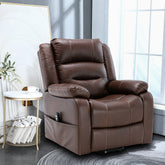

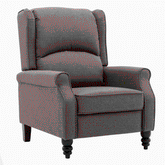

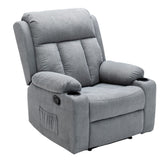

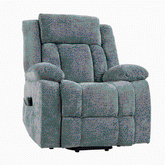

Leave a comment
All blog comments are checked prior to publishing